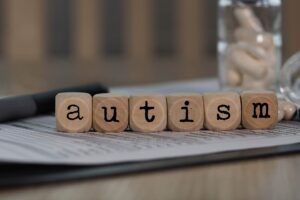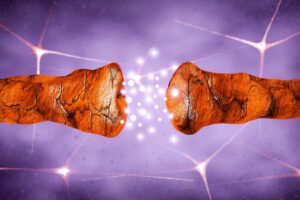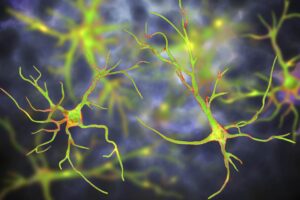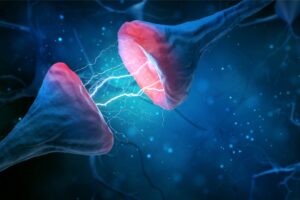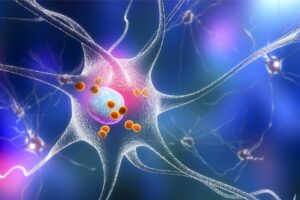Neuroscience
Neuroscience
To examine the link between autism and gut microbes, researchers led by Anne Konkle at the University of Ottawa analyzed the recent scientific literature.
Neuroscience
A japanese team identified bacterial populations that may determine intestinal pathology and influence the development of Parkinson's disease.
Neuroscience
In mice with a genetic mutation linked to ALS, altering the gut microbiota could prevent or improve disease symptoms, a study published in Nature has found.
Neuroscience
Researchers have identified new bacterial molecules that are able to travel to the brain and inhibit brain cell function.
Neuroscience
Researchers at UCC Ireland reviewed current knowledge on the microbiota-gut-brain relationship. Their work is published in Cell Metabolism.
Geriatrics, Neuroscience
A new study published in Cell Reports suggests that a common gut microbe could slow—and even reverse—the build-up of a protein associated with Parkinson's.
Neuroscience
A study reviewed the evidences that link the microbiota with social behaviors, analyzing how the microbiota-gut-brain axis influences sociability.
Neuroscience
A study published in Nature suggests that the gut microbiota could help understand conditions such as chronic anxiety and post-traumatic stress disorder.
Neuroscience
Our gut microbiota might affect how well and for how long we sleep, according to a new study. The findings may lead to new ways to improve sleep.
Neuroscience
A study published in Science shows that the gut microbiota influences daily rhythms through a mechanism by which gut microbes control host metabolism.
